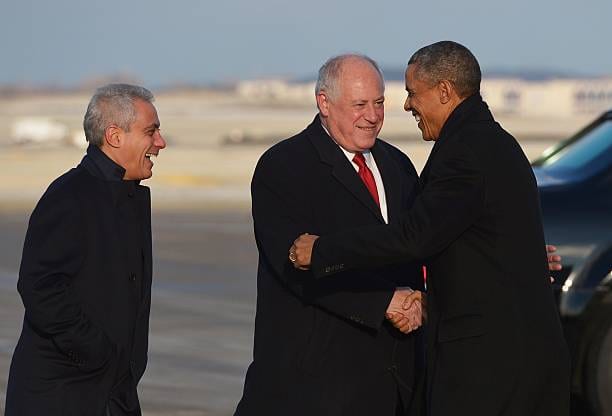Cities are high-maintenance places, where the demand for governance often outstrips the resources available to make it work. Amy Liu, of the Brookings Institution, reminds us of this important point in her post on CityLab:
“Urging city leaders to go it alone celebrates a deep dysfunction in federalism—and it normalizes a self-destructive shift in politics and governance…states should treat cities as partners in creating good jobs and safe, affordable communities, as metropolitan success generates state revenues that support smaller communities statewide.”
This is quite true. Managing the constantly-shifting terrain of social and policy challenges in the modern city requires allies and coordinated action–or at least less-than-destructive opposition from outside forces. And with more than 80 percent of Americans living in metropolitan areas, managing urban affairs means managing American affairs, at least domestically. As we are constantly reminded, however, such comity between city leaders and state or federal officials is far from assured, and the urban-rural divide is very real at the elite and mass level. Building these vertical alliances is a perennial challenge for city leaders, and has been for at least a century. Working strategically to build consensus within the city (in order to make good use of the policy flexibility Liu recommends) and find allies from beyond city borders (to be sure that local democracy is something close to authentic) remains the most important political challenge of our time.
The new localist perspective advocating for greater local autonomy is promising. This is indeed the best hope for a responsible and responsive governance right now, and the cities where our challenges will be felt most acutely have no choice but to lead the way. But they remain profoundly vulnerable to interventions from higher levels in the federal system–to political censure, to fiscal strangulation, to general disorder, not to mention the possibility of more heavy-handed tactics. They need to pursue allies–each other, in the Statehouse, and in the national administration (to the extent possible)to make their communities work. This dynamic has been a major element of American politics since the crisis of the Great Depression, and in many individual states for a generation before that. It’s complicated, and success in pursuing city interests are affected by how well local leaders are able to build consensus. You can read more about it here.



You must be logged in to post a comment.